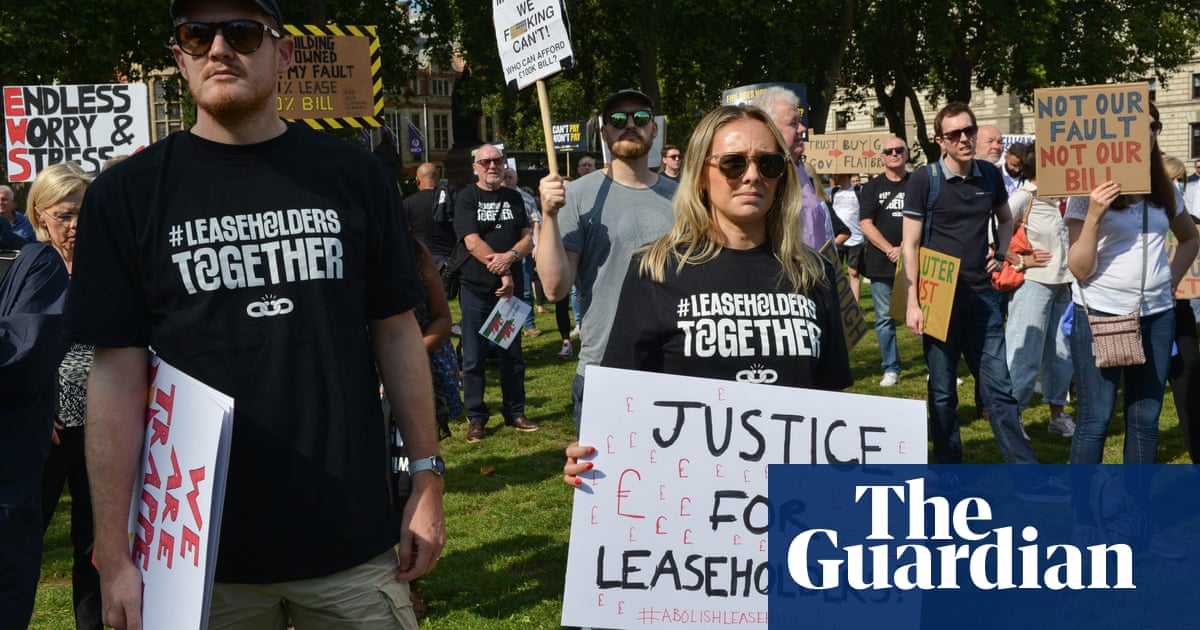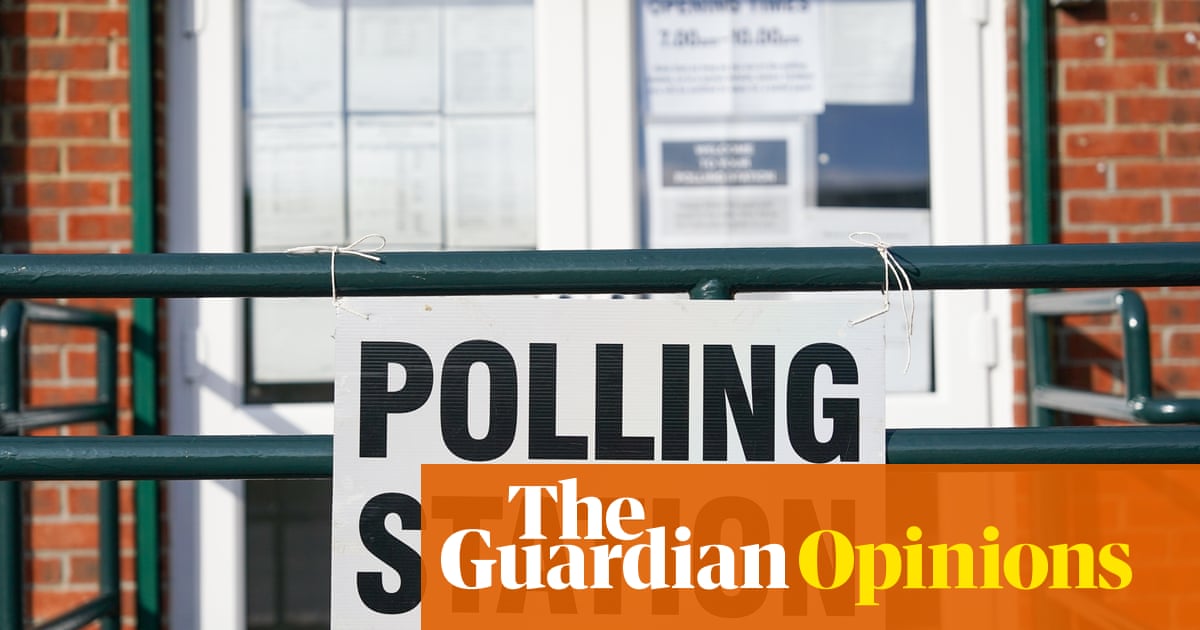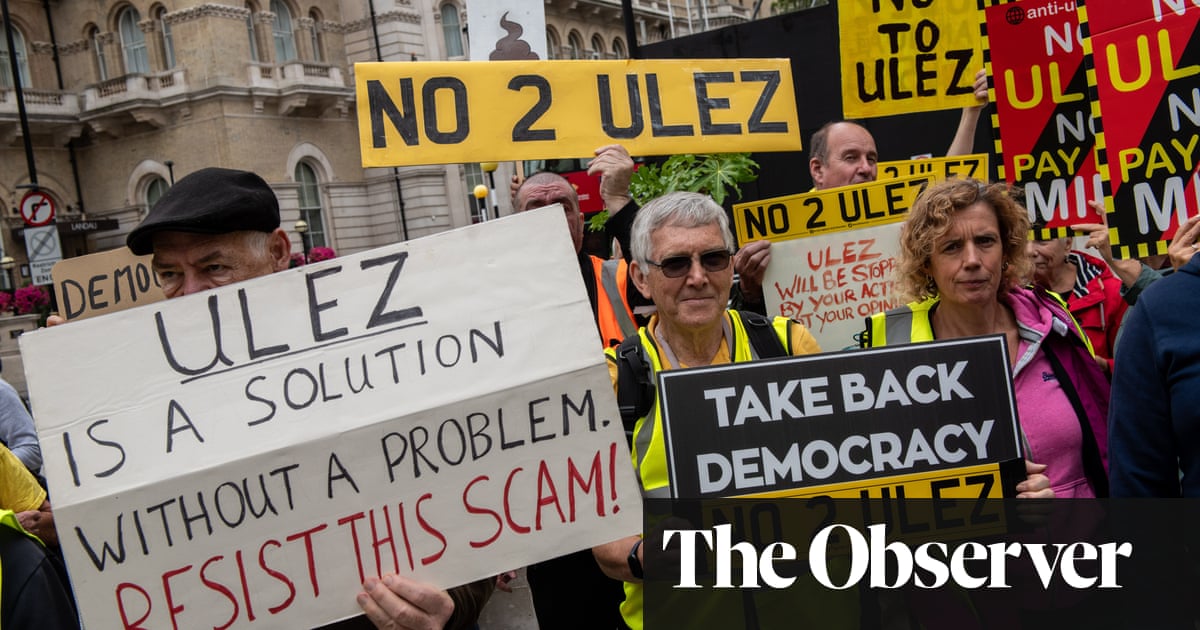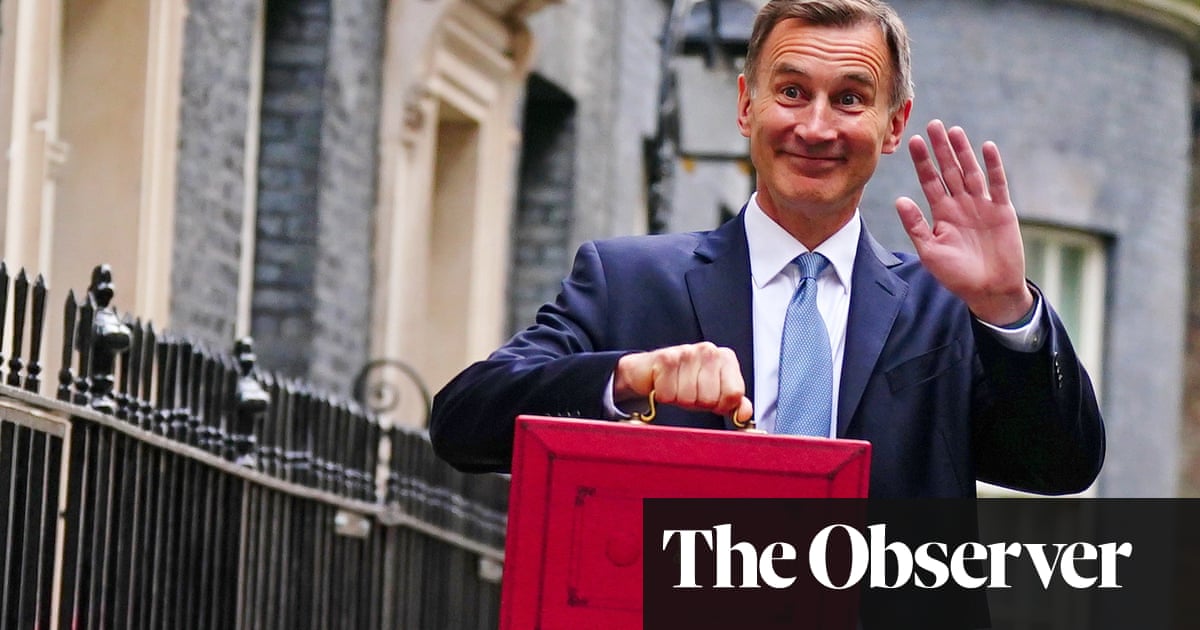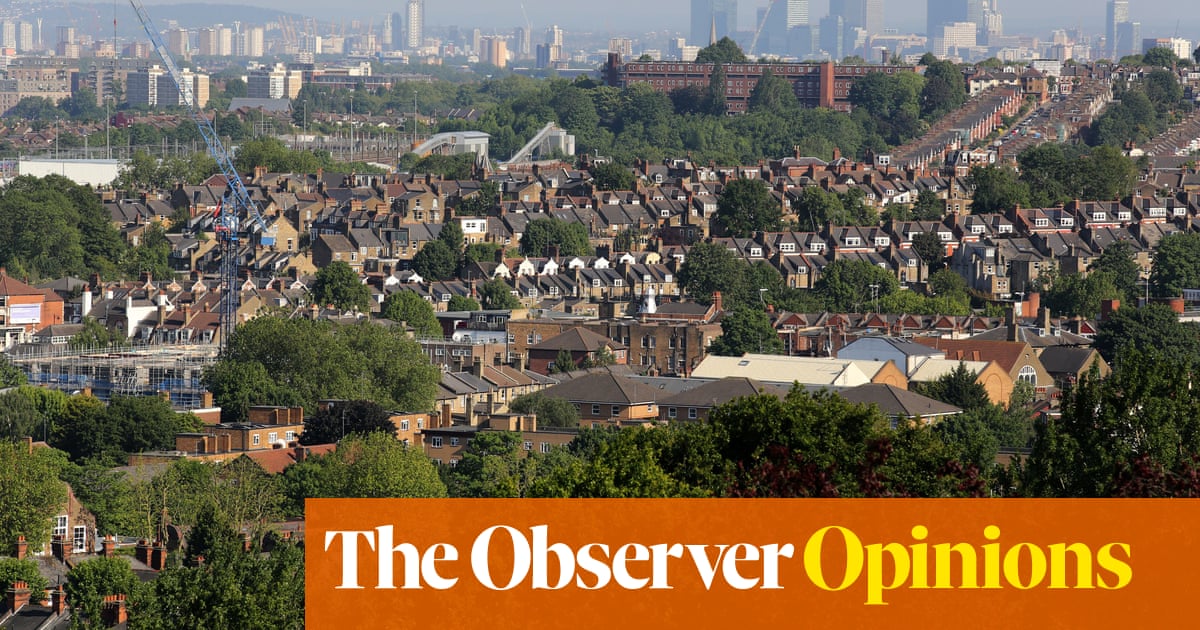
‘This system is not business, it is blackmail,” Lloyd George said of leasehold in 1909. More recently, it has been described by Rishi Sunak as “a scam” when he was a junior minister in 2018, and as “feudal” and “archaic” this year by Michael Gove, the housing secretary, and Matthew Pennycook, Labour’s housing spokesperson.
Under the leasehold system in England and Wales, owners of properties, in particular flats, do not purchase their homes outright, but buy the right to live in their home for the remainder of time left on their lease. They are a tenant of their landlord, the freeholder, who retains ownership of the land on which the property is built.
This is a form of rentier capitalism that dates back to the 11th century, when the feudal system was enshrined in law by William the Conqueror. Before the Second World War, almost all flats were rented rather than owned. The number of properties owned on a leasehold basis expanded hugely from the 1970s onwards as large houses were broken up into smaller flats and buying flats to live in became commonplace.
Leasehold is a way of ensuring that there is a third party – the freeholder – responsible for the maintenance of common structures and areas of a block of flats. But as developers began to realise the potentially lucrative nature of leasehold, more houses also began to be sold on this basis; this has dropped off significantly since the government announced it intended to require all new houses to be sold as freehold in 2017. Today, almost all owner-occupied flats and 8% of houses are owned on a leasehold basis; just under 5m properties in total.
Leasehold is an antiquated system that grants the freeholder significant powers that can be exploited to huge financial benefit. First, there has been the potential to charge extortionate levels of ground rent, the ultimate “money for nothing”. Originally, it was a peppercorn sum, but in recent decades the freehold to leasehold properties has become traded as an investment class, often owned by investment funds and offshore companies. Developers have sold properties where the ground rent doubles every few years in perpetuity, rendering some flats and houses effectively impossible to sell; a scam of epic proportions that has enabled the already wealthy to cream rentier profits off the English housing market at the direct expense of homeowners. If owners fall behind on their ground rent payments, the freeholder can evict them and take ownership of their lease. The government last year abolished ground rent for all new properties sold on a leasehold basis, but freeholders are still free to levy unrestricted charges on leaseholders for things such as permission for home improvement.
Second, for blocks of flats that are sold leasehold, the freeholder almost always appoints the management company that levies service charges and is responsible for maintaining the upkeep of the building and the common areas. There are few incentives for management companies to discharge this responsibility to the benefit of leaseholders, rather than for the generation of profit, because it is so onerous for leaseholders to get a management company sacked. Management companies can commission work from related firms and receive hefty commission on deals they strike for buildings insurance, for example. Leaseholders in one London block of flats this year managed to get a court to rule that they paid £1.6m too much for building insurance in an arrangement where their freehold owner and management companies – both owned by the same property tycoon – received commission from the insurer, but these kinds of legal victories are virtually unheard of because it takes so much money, time and knowledge to pursue them in the courts. Other leaseholders report that despite spiralling service charges that make their flats difficult to sell, management companies are allowing their buildings to fall into disrepair.
So leasehold is a system that limits the rights of homeowners in order to deliver exploitative financial benefits to property developers, landowners and offshore companies. It significantly reduces the attractiveness of owning a flat in a way that unhealthily skews the housing market: the UK has the lowest share of its population living in flats compared with EU countries, apart from Ireland, and high service charges contribute to high rents. This cannot be allowed to continue. The government has pledged to introduce a range of reforms that would strengthen the weak rights of existing and new leaseholders in this week’s king’s speech, although there have been reports that Sunak has sought to water them down. Labour has gone further and said it would require all new properties to be sold either as freehold or, in the case of flats, on a commonhold basis. Various forms of commonhold, in which flat owners own the freehold of their own flat, plus a share of common areas, are very prevalent in many other countries. Commonholders can contract with property management companies to manage their buildings but they are the ones with the legal right to appoint rather than middle-men freeholders.
Myriad other reforms are needed to strengthen the rights of renters and leaseholders vis-a-vis landlords and management companies, including the introduction of longer tenancies for renters and the end of no-fault evictions. Leasehold is but one structural issue in a dysfunctional housing market in which too much power sits with property developers and landowners, and far too little with ordinary people. While our legal system doles out such huge windfall rights with so little accountability to wealthy freeholders, the potential for exploitation will always be ripe.




